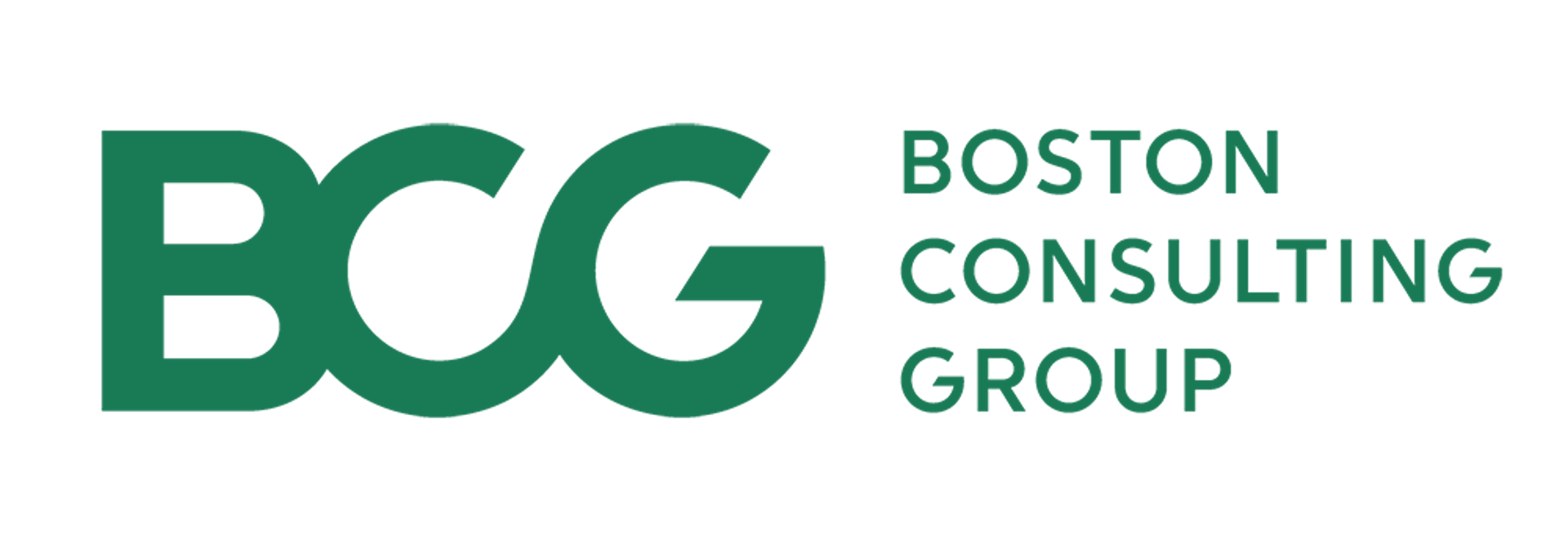The News
PayPal CEO Alex Chriss said Thursday that he is worried about the rising costs that many small businesses will face under new tariffs imposed by US President Donald Trump.
Small businesses operate with “incredibly thin” margins, and many source their products from overseas, Chriss told Semafor’s Gina Chon at the World Economy Forum in Washington, DC. Many small companies lack access to capital and don’t have funding in reserve.
“Disruption… and uncertainty can really put a strain on the small business economy, and that is something we have got to watch,” the PayPal CEO said. “Small businesses are the lifeblood of our economy for both employment as well as revenue.”
In this article:
Know More
Consumers have been “pretty resilient” in the face of economic uncertainty and market turmoil, Chriss said. That assessment echoes comments from Mastercard CEO Michael Miebach, who said Wednesday that many consumers are still making purchases.
Still, Chriss said that some merchants and consumers are reacting to uncertainty around tariffs by buying local products instead of looking to overseas markets.
The Semafor View

European markets have suffered from a lack of competitiveness with the US and China, with just a handful of tech startups to come out of the continent. But countries everywhere are facing similar business challenges as they transition to cleaner energy and chase technological dominance.
The View From

How should CEOs navigate the current state of tariff actions and trade relations?
Tariffs cause price increases for businesses, which in the short-term impact profit margins, selling prices, and, likely, market demand. But beyond those direct concerns, there are three second order implications that businesses are grappling with:
- Uncertainty
It’s hard to plan right now, especially for things that require capital investments – building new infrastructure, expanding manufacturing production, and making M&A decisions. Investors are saying they can’t responsibly make investments without a 2-3-year EBITDA forecast. Right now, that’s not possible. - Workforce challenges
While it’s difficult to make major investment decisions, some businesses will want to make a big hiring push to add third shifts and additional capacity at existing facilities. But supply and demand pressures on workforce availability may make it hard to take advantage of these opportunities. - Supply shocks
The rapid escalation of tariff levels between the US and China and the uncertainty around tariff levels for other countries means businesses can’t be certain where they may face pinch points in their global supply chains, as China also holds disproportionate importance for US supply chains.

